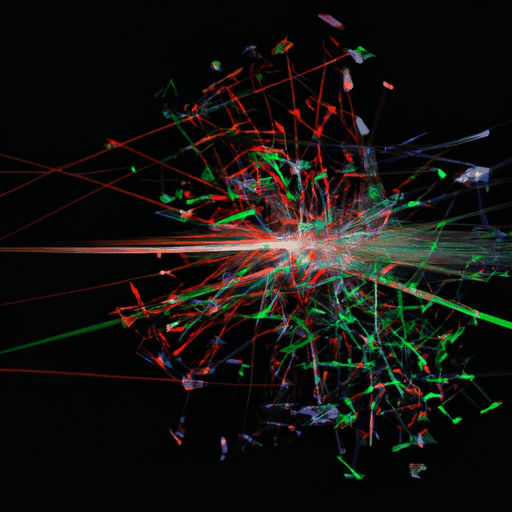
Learn Concept: Cardano's Chang Hard Fork and Decentralized Governance
By: Eva Baxter
Learn Concept: Cardano's Chang Hard Fork and Decentralized Governance
The Cardano blockchain has recently implemented the first phase of its Chang hard fork, marking a transformative shift towards decentralized governance. This upgrade introduces a token-based governance system, setting Cardano apart as the first prominent blockchain to achieve this milestone.
Founder Charles Hoskinson emphasized the monumental nature of this upgrade, stating that it dwarfs Bitcoin in significance. Cardano's Chang hard fork allows the blockchain to evolve into a decentralized entity with its own constitution, managed across over 100 countries without any central coordination.
The first phase, lasting 90 days, lays the foundational governance features. During this period, delegated representatives (DReps) can register, and ADA holders have the opportunity to delegate their voting power. An interim constitution will also be established, guided by a technical script and overseen by an interim constitutional committee acting as a safeguard against any unconstitutional governance actions until a full constitution is ratified.
The first phase serves as a testing ground for limited governance actions such as parameter changes, hard forks, and informational actions. Upon completion, the second phase activates new governance bodies, including the constitutional committee, DReps, and staking pool operators. These entities will then have voting power over governance actions, including treasury withdrawals, thus advancing Cardano's journey towards a truly decentralized governance model.
To get detailed insights, you can read the full article here.



